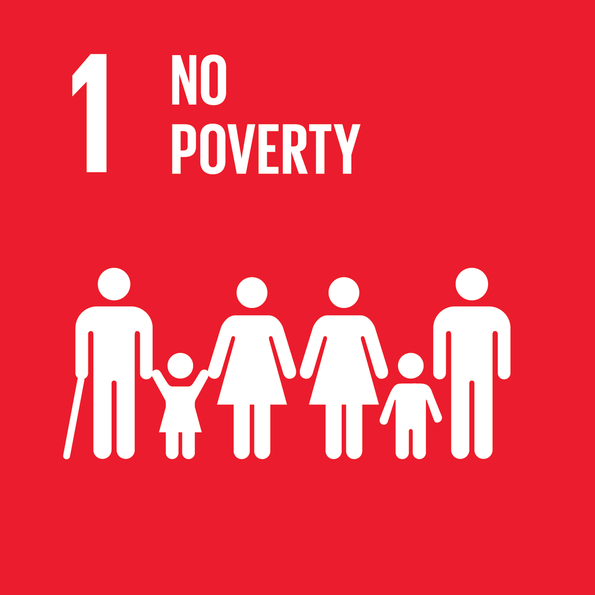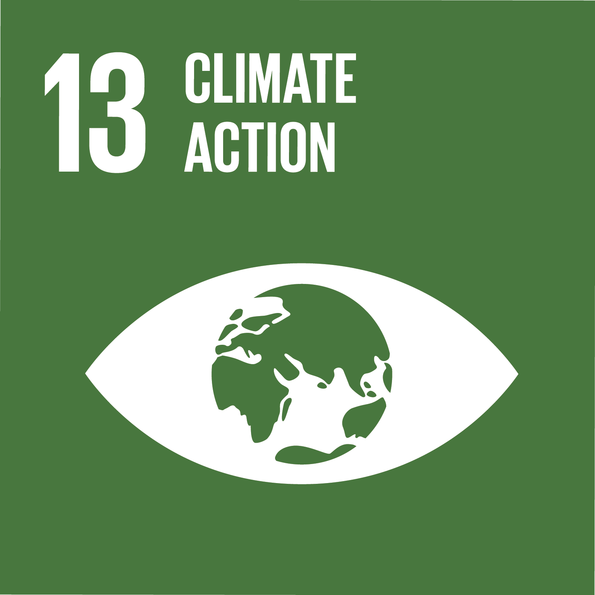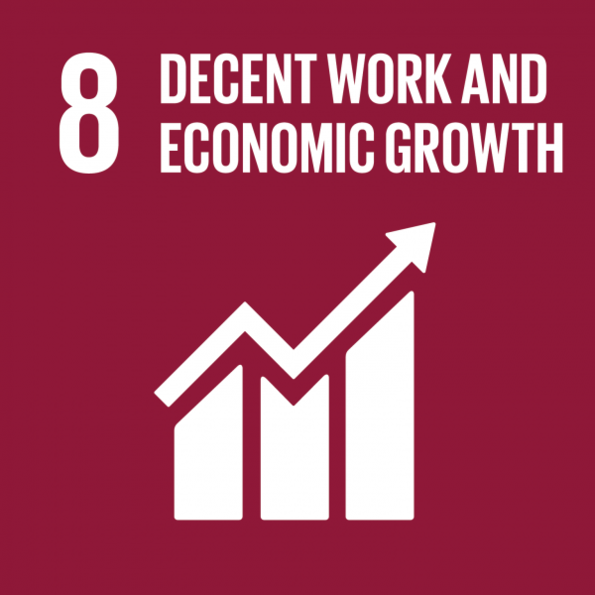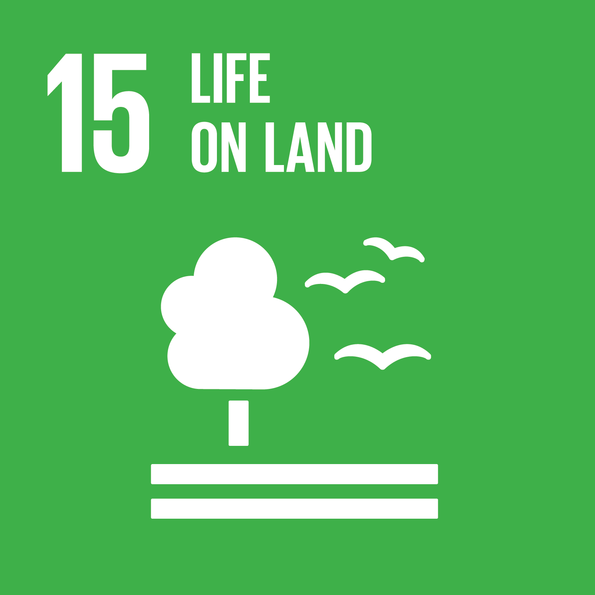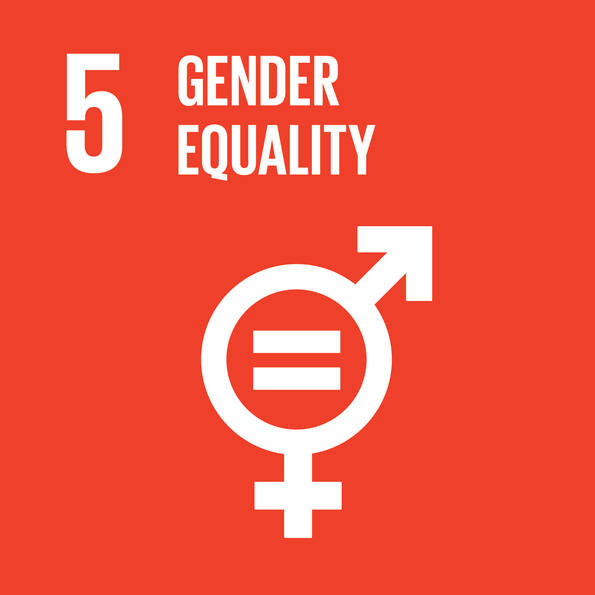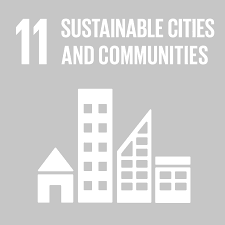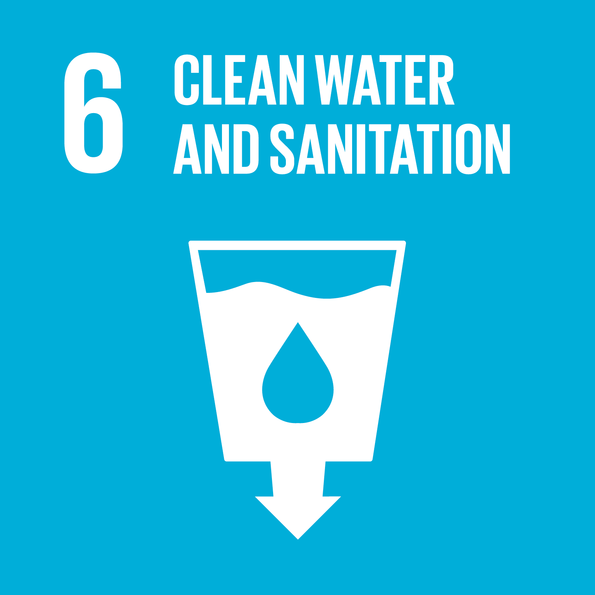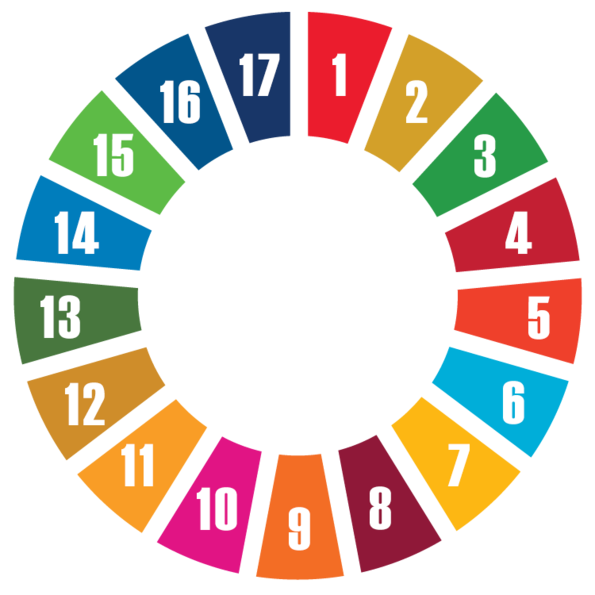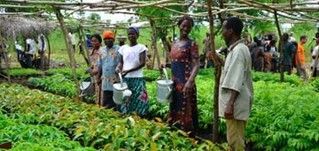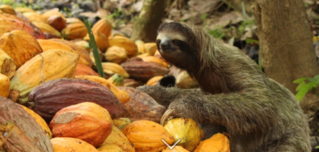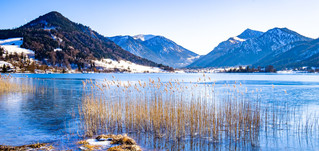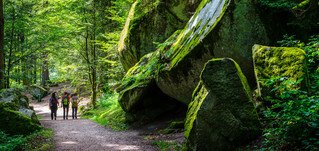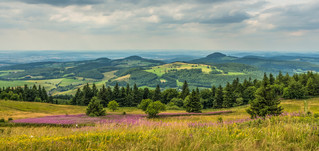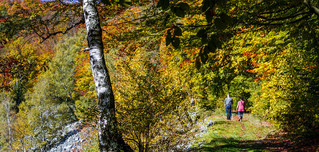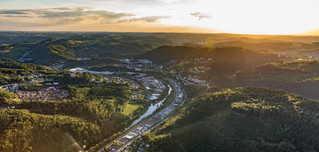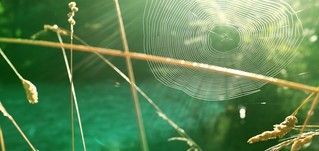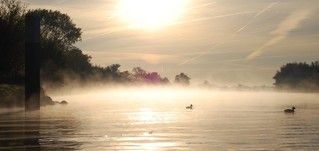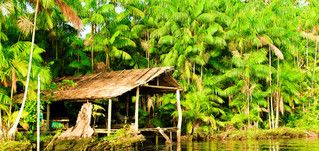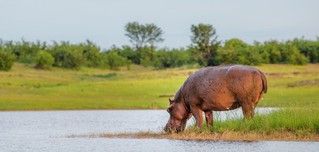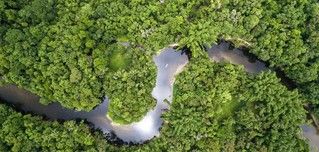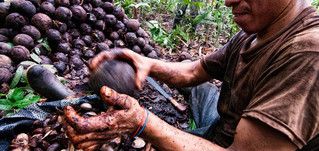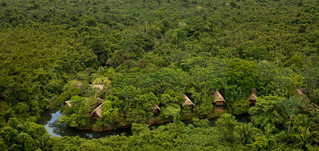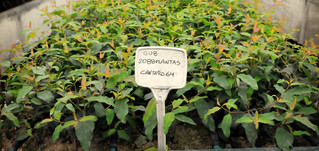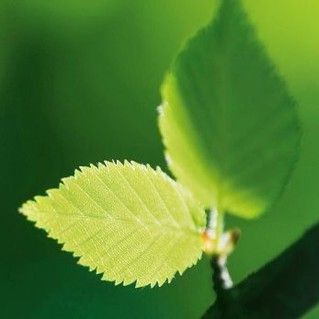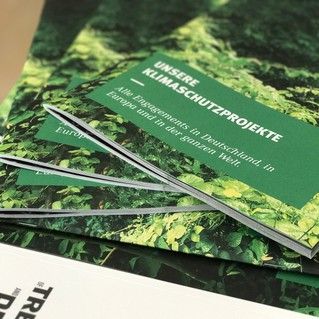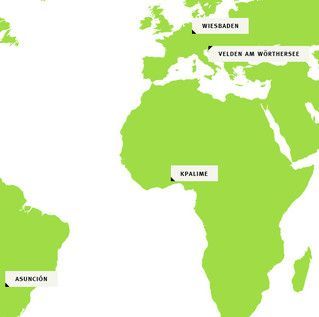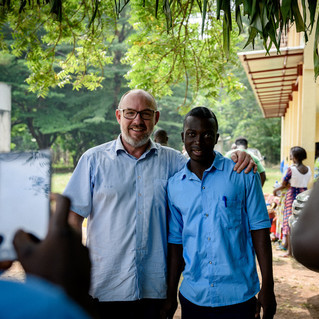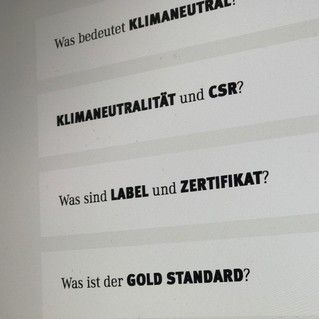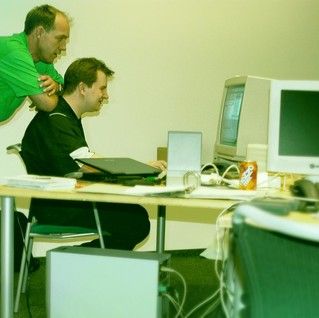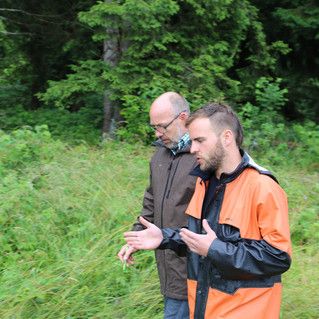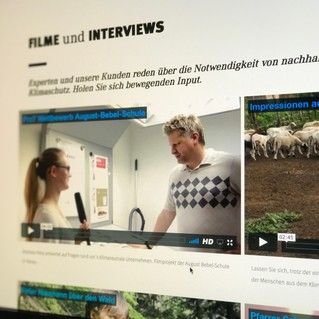kariba Forest protection
VCS/ REDD+/ CCBS
Sustainable forest management to protect valuable ecosystems
Lake Kariba, northern Zimbabwe*
The Kariba REDD + project is located in northwest Zimbabwe, partially along the south coast
Lake Kariba, the largest artificial lake in the world. The project area comprises 784,98 acres of forest and includes the four provinces of Matabeleland North, Midlands, Mashonaland West and Mashonaland Central.
The project is managed by the four Rural District Councils (RDCs): Binga, Nyaminyami, Hurungwe and Mbire and is community-based. This means that the activities within the framework of the carbon offset project are being implemented in conjunction with the local population.
The project, which started on July 1, 2011, will generate a total of around 51,925,950 carbon credits from forest conservation measures to prevent further deforestation in the region.
The main reasons for deforestation are socio-economic (subsistence farming, firewood collection and poaching). Reducing deforestation is achieved through a range of activities that improve the livelihoods of the locals. This includes improved agriculture Beekeeping, firewood plantations and fire management.
In addition, a significant share (20% of the profit) of the share in the sale of carbon allowances will be invested in general activities that ensures the promotion and sustainability of this project. This Community and Sustainability Fund is structured to support the whole community, especially the poorest members of society. The fund will be used over the long term to improve health and education in the project area.
The project area is located in the Zambezi biome of the Zambezi Basin and is an important wildlife sanctuary. Here live significant populations of African elephants, lions, impalas, hippopotamuses, buffaloes, leopards and crocodiles, along with a variety of birds, including the Red List of IUCN endangered species such as the Southern Ground Hornbill.
In the past, the natural resources of the project areas have produced significant populations of wildlife, including elephants, which in turn have provided a variety of tourists to the area. However, the economic and political crises of the last decade have led to a decline in tourism. Poaching also escalated in the project area Kariba. As a result, entire wild animal populations have been greatly reduced.
*Zimbabwe
"Breadbasket of Africa"? - That was once upon a time...!
Zimbabwe, a landlocked country in southern Africa, was considered one of the "breadbasket of Africa" that could export its crop surplus to neighboring countries. However, these times are long gone, because today the state can hardly feed its population itself. Zimbabwe is dependent on grain and fruit imports from neighboring Zambia, whose agriculture is flourishing. Zimbabwe ranks 154th out of 188 in the United Nations Human Development Index in 2018, making it one of the poorest countries in the world.
In Zimbabwe hunger, unemployment, energy shortages and desertion are widespread. In addition to the difficult political situation in Zimbabwe, people are particularly suffering from the problems of climate change, which could make the whole country barren and halve crop yields by 2020, according to the Climate Report 2014 of the Konrad Adenauer Stiftung. In many parts of the country less rain falls, the soil is sandy and low in nutrients. Due to the long periods of drought, along with poor seed quality and deforestation, small-scale farming is hardly possible anymore. More and more Zimbabweans are now malnourished and in the future dependent on constant international food aid.
The plight of the people in the region is so great that farmers are blaming more and more forest for the production of land for the cultivation of corn, tobacco and other plants. This reduces the quality of the soil. The meat quality of livestock has fallen sharply due to the lack of feed. The farmers plant almost exclusively corn in order to secure the yield and thus the survival of their families. Therefore, the food pallet is increasingly limited to corn, leading to human health problems.
The energy supply of Zimbabwe is currently causing great problems. Zimbabwe is suffering from a constant power shortage. Power failures for up to 24 hours paralyze entire cities. In rural areas, there are sometimes no electricity for several days.



